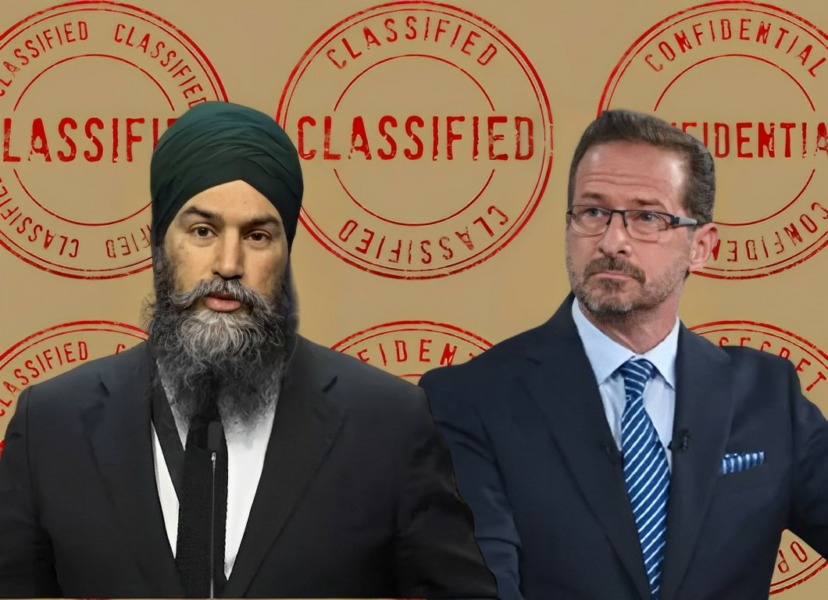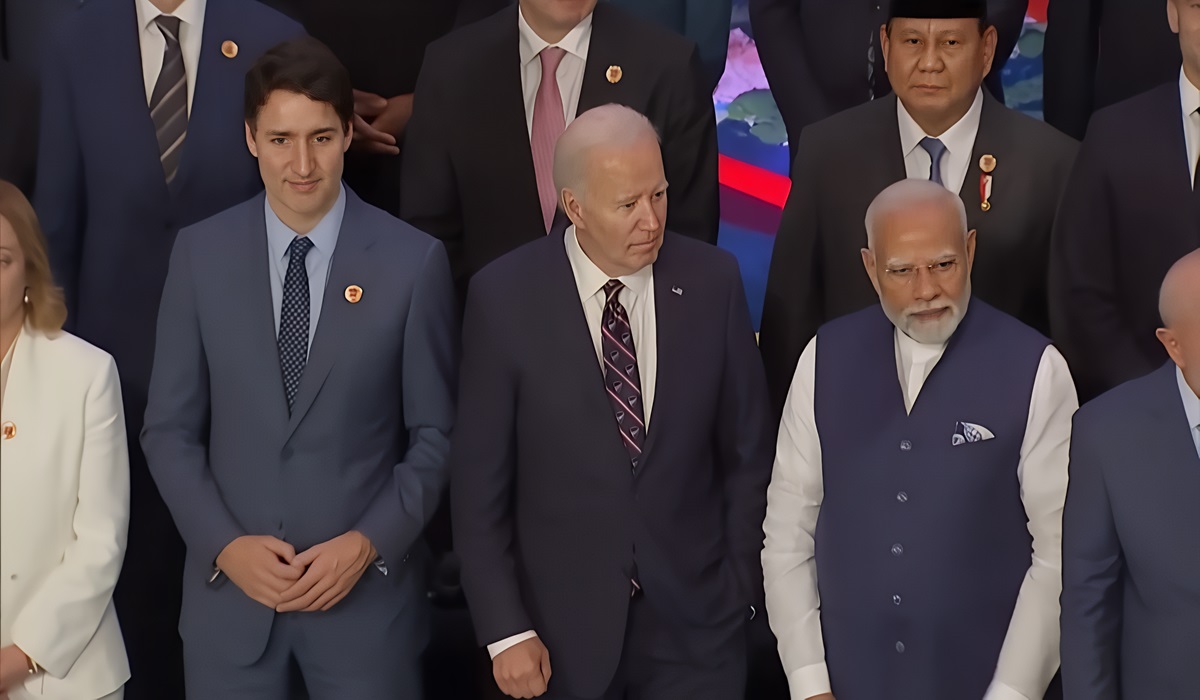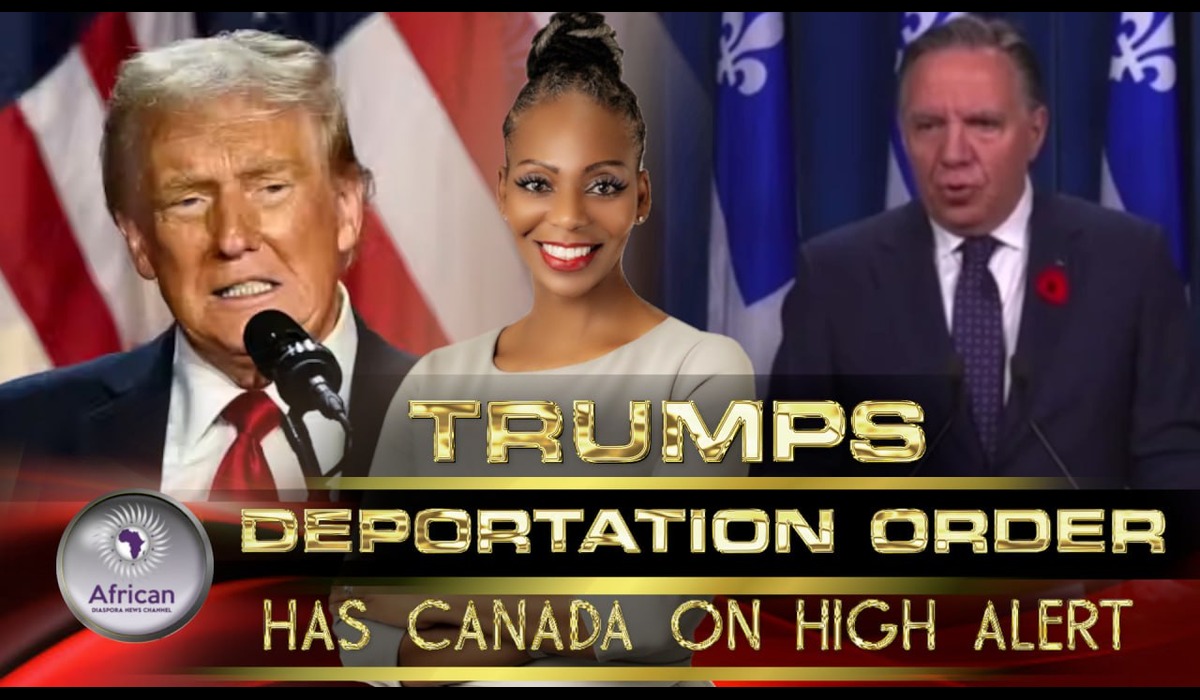National Security at the Forefront: Jagmeet Singh Accepts NSICOP Vetting, Blanchet Declines
- TDS News
- Breaking News
- Canada
- May 25, 2023

In a surprising move, Jagmeet Singh, the leader of the New Democratic Party (NDP), has accepted the Prime Minister’s offer to be vetted by the National Security and Intelligence Committee of Parliamentarians (NSICOP). This decision will grant Singh top-secret security clearance if passed, allowing him to access classified documents and be briefed on the report presented by Independent Special Rapporteur and former Governor General David Johnston, tasked with writing a report on alleged foreign interference in previous Canadian elections.
Johnston’s report concluded insufficient credible information to warrant a public inquiry. Singh’s commitment to undergo scrutiny by NSICOP highlights the significance of top security clearance for a potential prime minister. While he faces significant odds in securing the top job, it is the right decision to signal to Canadians that he can be trusted to keep the nation’s secrets.
Singh’s forthcoming vetting process by NSICOP will leave only him and Prime Minister Trudeau among party leaders who will possess a top-secret security clearance. Pierre Poilievre, leader of the Conservative Party of Canada, who has declined the request for clearance on multiple occasions, further exacerbates the curiosity of Canadians. The reasons behind Poilievre’s refusal remain unknown, fueling speculation and unproven allegations ranging from questionable investments to his father-in-law’s alleged ties to the Venezuelan mafia. Until Poilievre decides to obtain NSICOP clearance, Canadians may never learn the truth behind his reluctance.
It is also important to note that Yves-François Blanchet, the Bloc Québécois leader, has also declined to go through the NSICOP vetting process for top security clearance. Blanchet referred to the briefing as a “dumb trap,” suggesting that it is a ploy by the Liberal government to restrict opposition leaders’ ability to disclose what they have learned. While Blanchet’s statement may be viewed as misguided, his unique position as a Quebec-focused leader with zero potential to become Prime Minister sets him apart from Poilievre and Singh.
The Bloc Québécois operates solely in Quebec, ensuring they will consistently remain in a minority role in the federal government. This likely explains Blanchet’s disinterest in obtaining top security clearance, as his separatist agenda prioritizes Quebec over Canada.
During his visit to Winnipeg yesterday to promote the government’s clean water initiatives, Prime Minister Trudeau responded to Poilievre’s refusal to acquire security clearance, stating, “Everyone here will understand that when it comes to matters of national security when it comes to spies and foreign intelligence, we cannot share publicly a lot of the very sensitive and secret work they do to keep Canadians safe every day.” Trudeau further questioned Poilievre’s seriousness as a leader, suggesting that he is hiding behind a “veil of ignorance.”
While Poilievre and Blanchet continue their resistance, it ensures that the country is shielded from baseless attacks on the government and its institutions. Until Poilievre exhausts all traction on the allegations against David Johnston’s report, he may persist in searching for any semblance of a sham. However, the lack of concrete evidence discredits his claims.
In light of recent events, it is crucial to call upon all party leaders to cease their baseless attacks on the government’s ability to safeguard the nation’s secrets and refrain from spreading divisive rhetoric. When leaders are unwilling to subject themselves to proper vetting and obtain a top-secret security clearance, they should not engage in unfounded allegations or undermine the trust in democratic institutions. While holding the government accountable is a vital aspect of a healthy democracy, it should be done to uphold the integrity of institutions and foster constructive dialogue.
It is time for the opposition leaders to rise to the occasion and fulfill their role of keeping the government accountable. However, this should be achieved through responsible and evidence-based criticism without tearing down institutions, spreading misinformation, or undermining the democratic process. By engaging in respectful discourse and focusing on substantive issues, leaders can foster an environment where constructive dialogue thrives, and effective governance can be achieved. This approach not only benefits the democratic system but also ensures that the best interests of the Canadian people are served.








